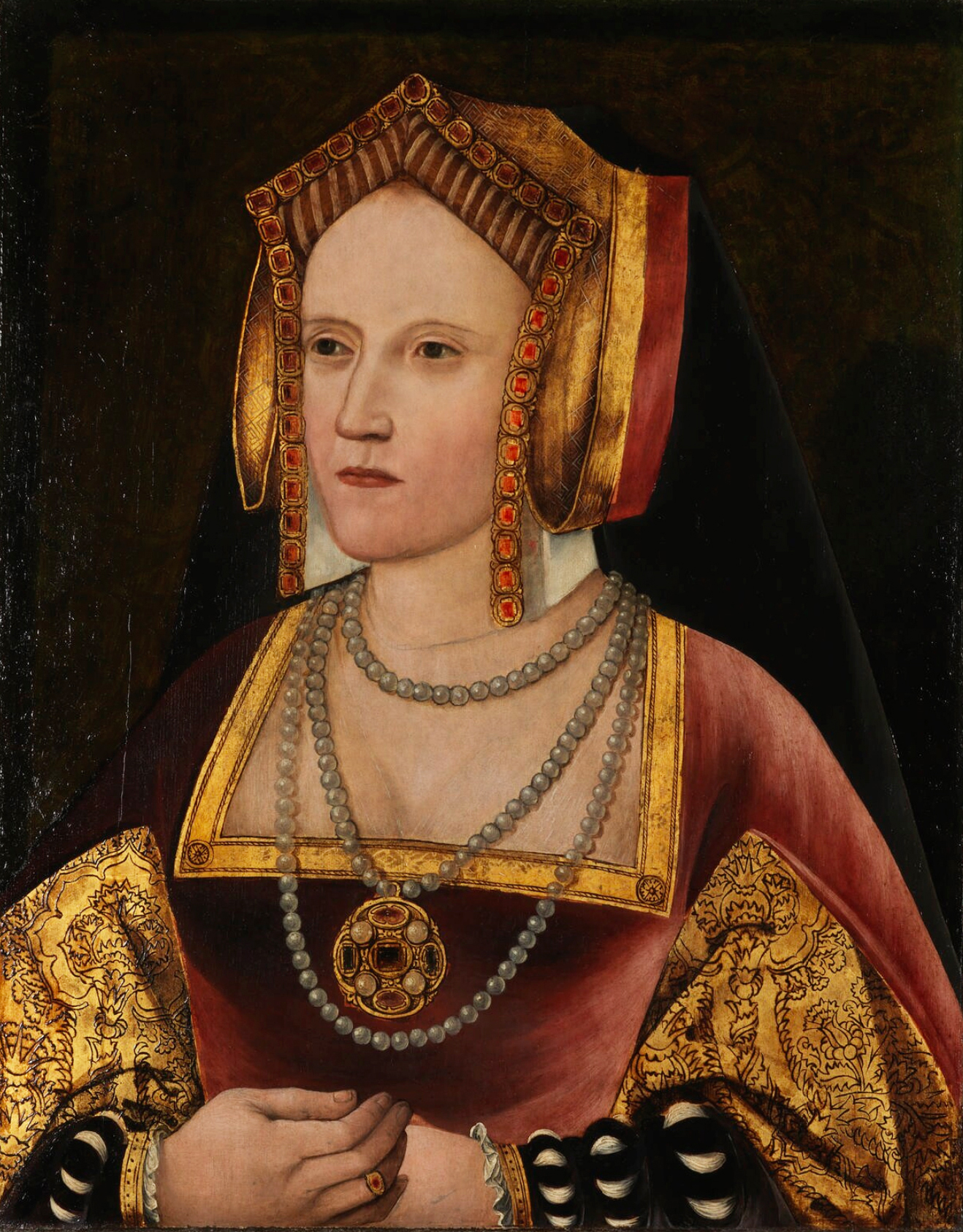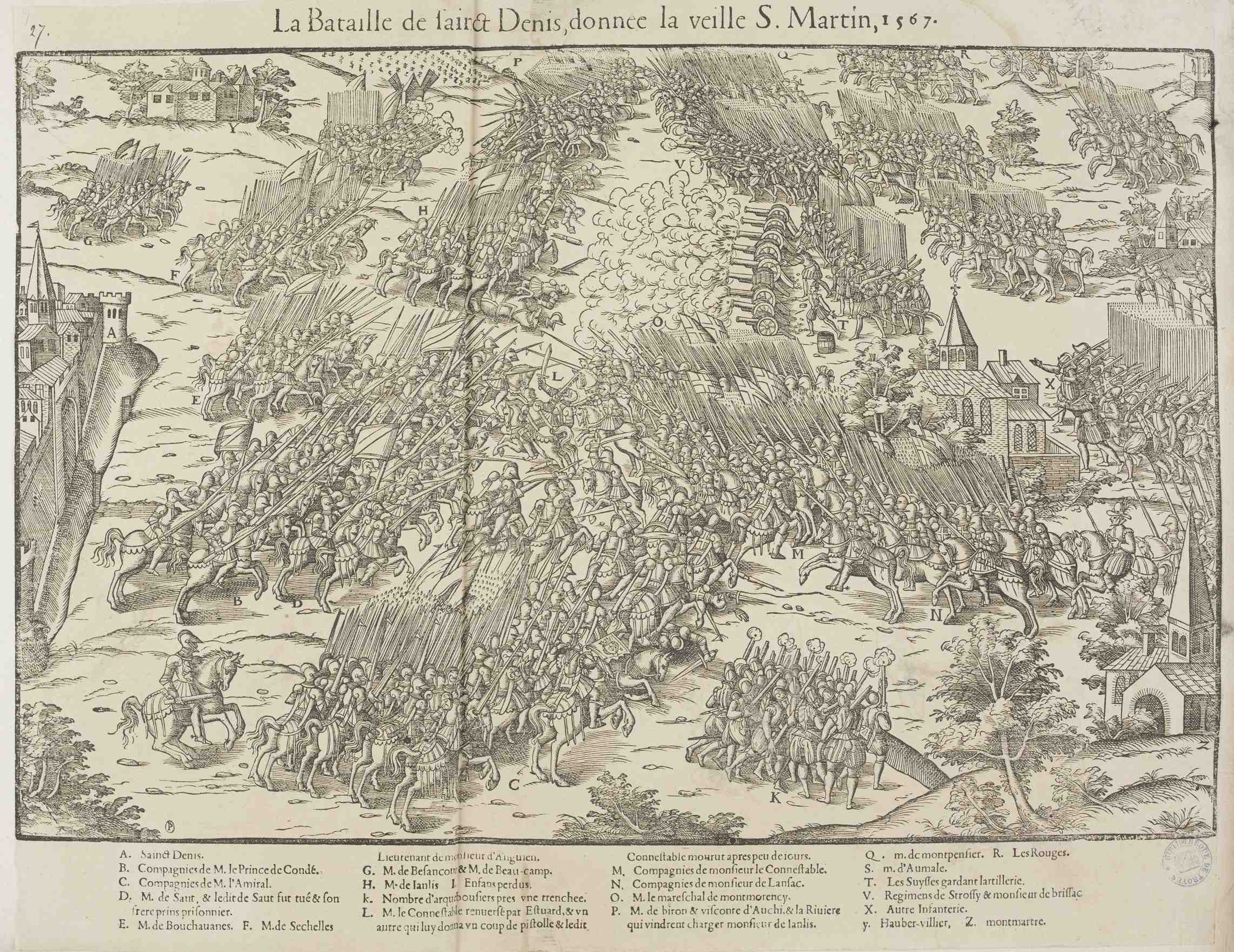|
Philip Chute
Philip Chute or Chowte (born by 1506 – 1567), of Horne Place, Appledore, Kent, was an English member of parliament in Elizabethan England. He is the progenitor of Chute dynasty in England and Ireland from the Chutes of Hampshire and Norfolk, and during the plantation of Limerick a branch moved to settled at Chute Hall. After the dissolution he was an MP for Winchelsea 1542 and 1545. Philip was standard bearer to King Henry VIII. Philip Chute was given Horne's Place by the Queen Mary Mary may refer to: People * Mary (name), a feminine given name (includes a list of people with the name) Religious contexts * New Testament people named Mary, overview article linking to many of those below * Mary, mother of Jesus, also calle .... References Bibliography * John Burke, History of the Commoners of Great Britain and Ireland, (London 1838) vol.III 1567 deaths Year of birth uncertain People from Appledore, Kent English MPs 1542–1544 English MPs 1545–1547 { ... [...More Info...] [...Related Items...] OR: [Wikipedia] [Google] [Baidu] |
Appledore, Kent
Appledore is a village and civil parish in the Ashford District of Kent, England. The village centre is on the northern edge of the Romney Marsh, 12 miles (19 km) south-west of Ashford town. The northerly part of this village is Appledore Heath. History The name Appledore comes from the Old English ''apuldre'' (meaning apple tree) and is first recorded in the 10th century. Although a Brythonic origin is more likely (given the widespread survival of Brythonic names in Kent) e.g. from or connected with "dwr/dor" meaning water. Appledore was once a port on the estuary of the River Rother. Famously, the greater part of the Danish army (280 ships - 5000 men) wintered at Appledore in 892–93, before moving into Wessex and suffering defeat at the hands of the Saxons led by King Alfred's son Edward the Elder at Farnham in Surrey. The defeated Danes fell back to Benfleet in Essex where they were again defeated in battle. The importance of Appledore as a port diminished sudd ... [...More Info...] [...Related Items...] OR: [Wikipedia] [Google] [Baidu] |
Member Of Parliament
A member of parliament (MP) is the representative in parliament of the people who live in their electoral district. In many countries with bicameral parliaments, this term refers only to members of the lower house since upper house members often have a different title. The terms congressman/congresswoman or deputy are equivalent terms used in other jurisdictions. The term parliamentarian is also sometimes used for members of parliament, but this may also be used to refer to unelected government officials with specific roles in a parliament and other expert advisers on parliamentary procedure such as the Senate Parliamentarian in the United States. The term is also used to the characteristic of performing the duties of a member of a legislature, for example: "The two party leaders often disagreed on issues, but both were excellent parliamentarians and cooperated to get many good things done." Members of parliament typically form parliamentary groups, sometimes called caucuse ... [...More Info...] [...Related Items...] OR: [Wikipedia] [Google] [Baidu] |
Winchelsea (UK Parliament Constituency)
Winchelsea was a parliamentary constituency in Sussex, which elected two Members of Parliament (MPs) to the House of Commons from 1366 until 1832, when it was abolished by the Great Reform Act. History Boundaries Winchelsea was a Cinque Port, rather than a parliamentary borough, but the difference was purely a nominal one, and it was considered an egregious example of a rotten borough. The constituency consisted of the town and parish of Winchelsea, once a market town and port but by the 19th century much reduced in importance, a mile-and-a-half inland with its harbour destroyed. In 1831, the population of the constituency was estimated at 772, and the town contained 148 houses. History of corruption The right to vote was exercised by the freemen of the town, of whom by 1831 there were just 11, even though in theory the custom was that every son of a freeman and every freeholder in the town was entitled to his freedom. With so few voters, bribery was the rule rather than the e ... [...More Info...] [...Related Items...] OR: [Wikipedia] [Google] [Baidu] |
Mary I Of England
Mary I (18 February 1516 – 17 November 1558), also known as Mary Tudor, and as "Bloody Mary" by her Protestant opponents, was Queen of England and Ireland from July 1553 and Queen of Spain from January 1556 until her death in 1558. She is best known for her vigorous attempt to reverse the English Reformation, which had begun during the reign of her father, Henry VIII. Her attempt to restore to the Church the property confiscated in the previous two reigns was largely thwarted by Parliament, but during her five-year reign, Mary had over 280 religious dissenters burned at the stake in the Marian persecutions. Mary was the only child of Henry VIII by his first wife, Catherine of Aragon, to survive to adulthood. Her younger half-brother, Edward VI, succeeded their father in 1547 at the age of nine. When Edward became terminally ill in 1553, he attempted to remove Mary from the line of succession because he supposed, correctly, that she would reverse the Protestant refor ... [...More Info...] [...Related Items...] OR: [Wikipedia] [Google] [Baidu] |
1567 Deaths
__NOTOC__ Year 1567 ( MDLXVII) was a common year starting on Wednesday (link will display the full calendar) of the Julian calendar. Events January–June * January – A Spanish force under the command of Captain Juan Pardo establishes Fort San Juan, in the Native American settlement of Joara. The fort is the first European settlement in present-day North Carolina. * January 20 – Battle of Rio de Janeiro: Portuguese forces under the command of Estácio de Sá definitively drive the French out of Rio de Janeiro. * January 23 – After 45 years' reign, the Jiajing Emperor dies in the Forbidden City of China. * February 4 – The Longqing Emperor ascends the throne of the Ming Dynasty. * February 10 – Henry Stuart, Lord Darnley, husband of Mary, Queen of Scots, is murdered at the Provost's House in Kirk o' Field, Edinburgh. * March 13 – Battle of Oosterweel: A Spanish mercenary army surprises and kills a band of rebels near Antwerp in the ... [...More Info...] [...Related Items...] OR: [Wikipedia] [Google] [Baidu] |
Year Of Birth Uncertain
A year or annus is the orbital period of a planetary body, for example, the Earth, moving in Earth's orbit, its orbit around the Sun. Due to the Earth's axial tilt, the course of a year sees the passing of the seasons, marked by change in weather, the hours of daylight, and, consequently, vegetation and soil fertility. In temperate and subpolar climate, subpolar regions around the planet, four seasons are generally recognized: spring (season), spring, summer, autumn and winter. In tropics, tropical and subtropics, subtropical regions, several geographical sectors do not present defined seasons; but in the tropics#Seasons and climate, seasonal tropics, the annual wet season, wet and dry seasons are recognized and tracked. A calendar year is an approximation of the number of days of the Earth's orbital period, as counted in a given calendar. The Gregorian calendar, or modern calendar, presents its calendar year to be either a common year of 365 days or a leap year of 366 days, a ... [...More Info...] [...Related Items...] OR: [Wikipedia] [Google] [Baidu] |
People From Appledore, Kent
A person ( : people) is a being that has certain capacities or attributes such as reason, morality, consciousness or self-consciousness, and being a part of a culturally established form of social relations such as kinship, ownership of property, or legal responsibility. The defining features of personhood and, consequently, what makes a person count as a person, differ widely among cultures and contexts. In addition to the question of personhood, of what makes a being count as a person to begin with, there are further questions about personal identity and self: both about what makes any particular person that particular person instead of another, and about what makes a person at one time the same person as they were or will be at another time despite any intervening changes. The plural form "people" is often used to refer to an entire nation or ethnic group (as in "a people"), and this was the original meaning of the word; it subsequently acquired its use as a plural form of per ... [...More Info...] [...Related Items...] OR: [Wikipedia] [Google] [Baidu] |
English MPs 1542–1544
English usually refers to: * English language * English people English may also refer to: Peoples, culture, and language * ''English'', an adjective for something of, from, or related to England ** English national identity, an identity and common culture ** English language in England, a variant of the English language spoken in England * English languages (other) * English studies, the study of English language and literature * ''English'', an Amish term for non-Amish, regardless of ethnicity Individuals * English (surname), a list of notable people with the surname ''English'' * People with the given name ** English McConnell (1882–1928), Irish footballer ** English Fisher (1928–2011), American boxing coach ** English Gardner (b. 1992), American track and field sprinter Places United States * English, Indiana, a town * English, Kentucky, an unincorporated community * English, Brazoria County, Texas, an unincorporated community * Engl ... [...More Info...] [...Related Items...] OR: [Wikipedia] [Google] [Baidu] |



_1938.jpg)